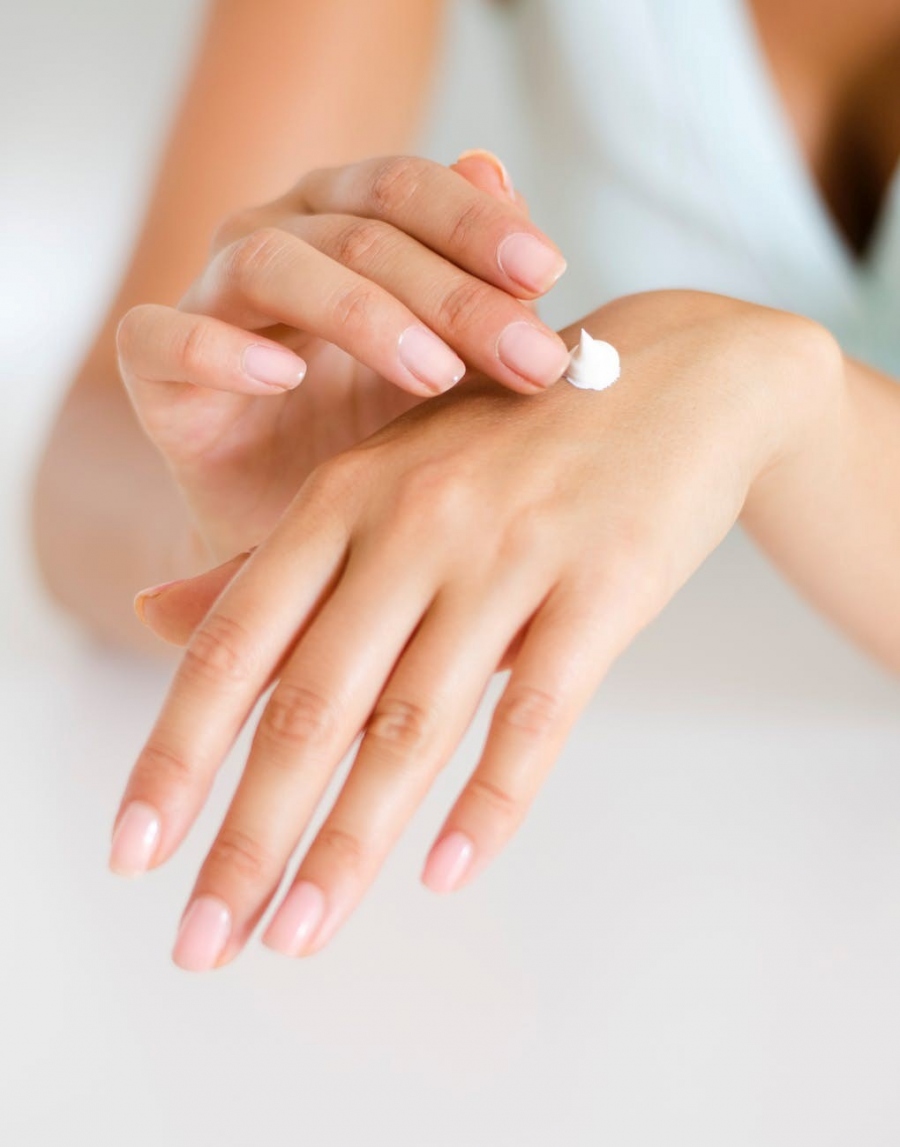Skin rashes are common and everyone experiences them at some time or the other. While they might be insignificant, in some cases, skin rashes indicate a pressing health condition. First, you need to understand what exactly a skin rash is; they are an outbreak on the surface of the skin. They could result from a minor irritation, bacterial infection, eczema, parasitic, and various other factors.
A person suffering from skin rashes is likely to feel itchiness and blister formation, redness on the affected area, bumpy/dry skin, etc. However, what would be difficult to determine is whether the condition is serious.
For most rashes, over-the-counter products could relieve the itchiness and blister formation. However, consulting a skin expert is imperative to understand any underlying causes. Often, people take skin rashes as a minor health concern that would run its course and heal itself, but in certain cases, a skin rash is a symptom of a complex medical condition that would worsen over time.
Therefore, here is what is normal and what is not when it comes to skin rashes:
Normal
The below conditions are common types of skin rashes that can be managed by over-the-counter products such as antihistamines.
Diaper Rashes
If you are a responsible parent, then you need to keep a check on your child’s diaper and change them timely. Leaving a diaper for a prolonged period would cause a skin rash that causes discomfort to the infant. While it may cause severe health conditions and can be managed by OTC products, leaving the skin rash unattended would only escalate the problem.
Fungal Infection
Often, skin rashes occur on the skin folds or underside of the skin, such as the skin under the groin or breasts. While fairly common, they can form blisters and cause an irritable itch. Fungal infections are not primarily an occurrence due to low hygiene conditions, even hygienic people can get them. Such infections can be treated by over-the-counter products and would not require extensive medical examinations.
Allergic Reactions
You may be allergic to various substances, food ingredients, plants, flowers, or dust. Allergic reactions can commonly be the reason behind a skin rash. Such rashes are not a severe medical condition and do not generally require a checkup (unless you scratch it and make it worse). For such conditions, antihistamine and other rash creams would help in managing the condition without going to a physician.
Side Effect of Medications
Medicines have many side effects, one of them is skin rashes. Certain drugs such as antibiotics cause outbreaks and rashes on the skin resulting in redness, itchiness, and blister formation. Such reactions can also occur when two medicines interact. However, these symptoms usually wear off easily and do not escalate into a bigger problem. You might still require over-the-counter remedies to manage the itchiness and blisters.
Hives
If you experience sudden red itchy bumps on your elbows or on other parts of the body, then it is likely to be hives and would resolve in approximately eight hours. Hives can occur frequently and the most common factor is a drug reaction. If you experience hives due to certain medications, avoid the drug in future to resolve the problem.
Skin Rashes that are Not Normal
These categories of skin rashes are considered ‘not normal’, as they would require medical and clinical help to manage the condition. Over-the-counter products in below cases would be insignificant in delivering the results.
Viral exanthems
Skin rashes caused by viruses can affect the whole body surface. Such rashes are not restricted to a certain area and require external medication to help with the itchiness. Rashes caused by viruses would eventually wear off on their own but can take a few days up to two weeks.
Psoriasis
One challenging skin rash condition is psoriasis, which can be a long-term problem if not taken care of adequately. Psoriasis can occur in the scalp area, knees, and elbows. In Psoriasis, the skin dries up, forms silvery flakes that ultimately scale and fall off. The process can be painful and irritable and would reoccur easily if you do not seek medical attention.
Autoimmune Conditions
Skin rashes can result from autoimmune diseases where our body’s defense mechanism attacks healthy tissues, which can produce rashes. For example, patients suffering from lupus would commonly experience skin rashes. In such a scenario, medical attention is necessary to prevent the condition from spreading and to manage the itchiness.
Bonus Tip: When experiencing skin rash, do not use scented soaps as chemicals can worsen the itch. Similarly, do not scratch the affected area as it can elevate the condition and would require a longer healing period. Do not cover the affected area or let sweat cover the area, it is best to let the rash breathe to speed up the healing process. For dry rashes, using unscented moisturizers would help.
If skin rashes, get worse visit a healthcare facility or use a reliable telehealth platforms to contact your dermatologist.
